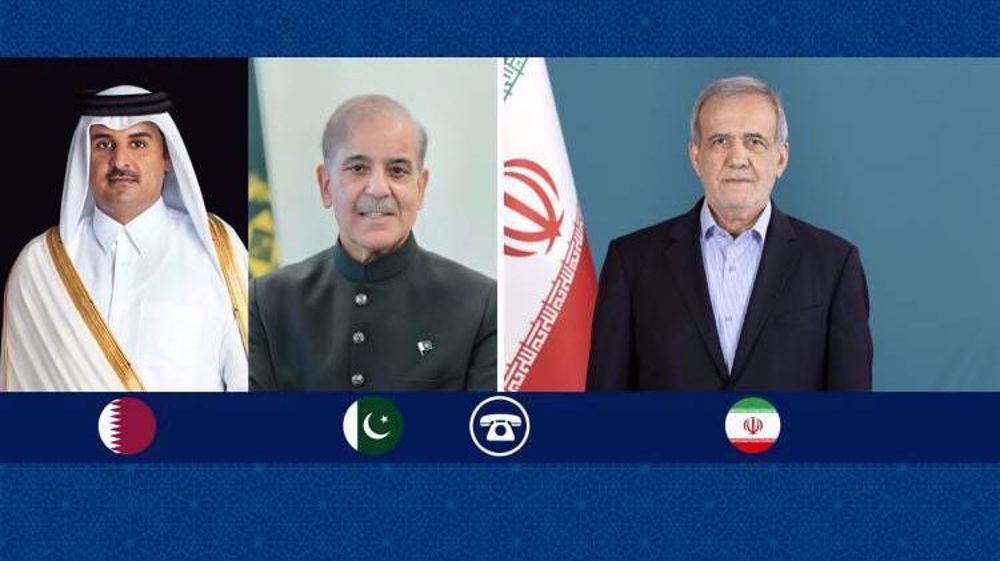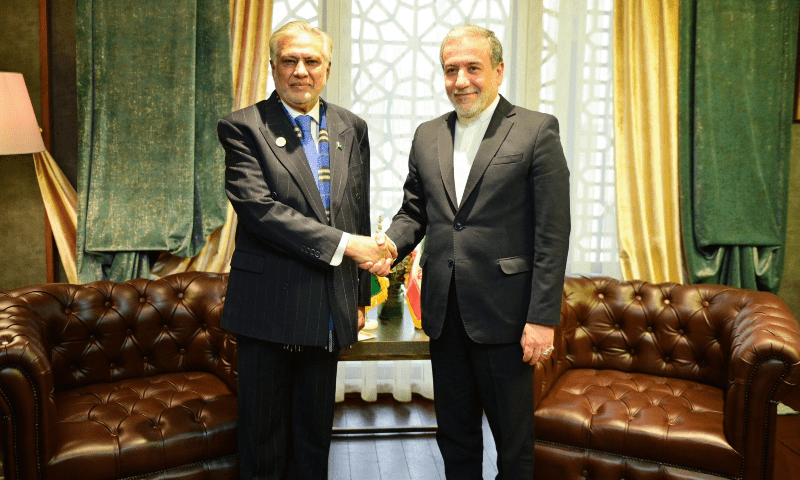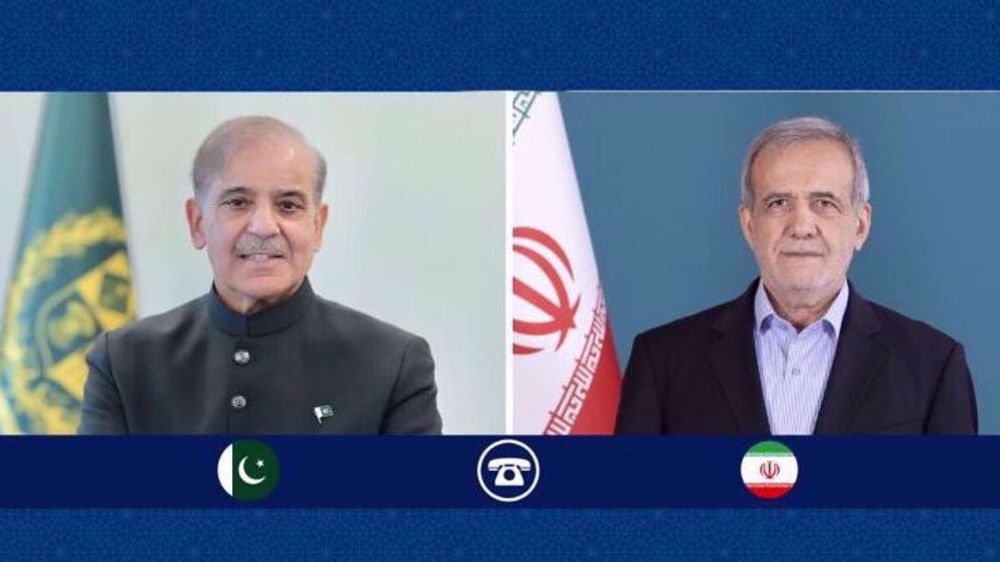India not ruling out ‘two-fronted’ war with China, Pakistan: Army chief
India is likely to get involved in a “two-fronted” war with China and Pakistan, Indian Chief of Army Staff General Bipin Rawat has warned, accusing Beijing of taking over what he called Indian territories and slamming Islamabad for running a “proxy war” inside his country.
"As far as northern adversary is concerned, the flexing of muscle has started. The salami slicing, taking over territory in a very gradual manner, [and] testing our limits of threshold is something we have to be wary about and remain prepared for situations emerging which could gradually emerge into conflict," he said at a seminar organized by the Centre for Land Warfare Studies think tank in New Delhi on Wednesday.
China and India have long been at odds over controlling Doklam, a remote plateau in the Himalayas, which is also claimed by India's ally, Bhutan. The row led to a brief border war in 1962 out of which China emerged victorious.
The Indian army chief warned that the region's current tensions, which escalated two months ago, could snowball into a larger conflict on the northern border.
The comments came only a day after Indian Prime Minister Narendra Modi and Chinese President Xi Jinping met on the sidelines of a BRICS summit in Xiamen, China.
During the meeting, which was a first after the 73-day Doklam face-off, the two leaders decided to put their territorial difference aside and maintain a rather "forward-looking" approach to the Sino-Indian ties.
'The western adversary'
The Indian general said border issues with China could in a way help Pakistan, which he said has been running a proxy war against India.
“Because of this proxy war, there is always scope of conflict with our western neighbor,” he said, without elaborating.
The Indian army chief also maintained that there was no reconciliation in sight with Pakistan at this stage, mainly because of the common Pakistani view that India “is all out to break the nation into pieces.”
"Therefore, the kind of propaganda that is prevailing on to our west makes them believe that India is their long-term adversary and will continue to remain so,” he argued.
Tensions between Pakistan and India have intensified over the past months due to the ongoing clashes in Kashmir, a disputed Muslim-majority region that has for years demanded independence or a merger with Pakistan.
Trump tells India to buy Venezuelan oil instead of Iranian crude
UAE 'spy sheikh' invested in Trump-linked firm before his inauguration: Report
From Iraq war crimes to Gaza’s ‘board of peace’: Why Tony Blair belongs in The Hague
Iran considers European armies as terrorist groups: Parliament speaker
VIDEO | Arrests at Palestine demonstration in Frankfurt
Trump ‘disappeared’ 12-year-old girl, threatened to disappear another: Report
#IR47: How Iran’s Islamic Revolution continues to inspire anti-imperialist currents worldwide
VIDEO | Italians: EU no longer diplomatic broker but instrument of war












 This makes it easy to access the Press TV website
This makes it easy to access the Press TV website